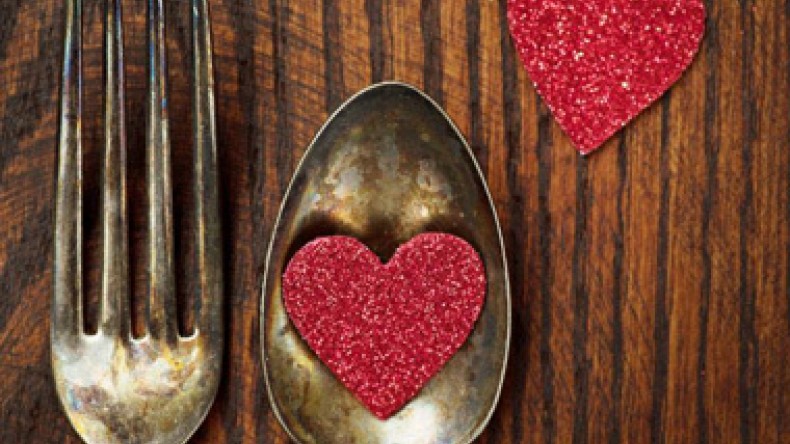
The lie comfort food feeds you
Macaroni and cheese, ice cream, soup, or Dad’s spaghetti and meatballs could all bring you a sense of comfort, but it’s not the food itself that delivers a hug on a fork, rather the people who helped foster your relationship with the dish. A new study published in the journal Appetite outlines the intricacy of the relationships humans build with food and why we perceive food with certain emotional connections and memories. Food relationships extend far beyond a tasty meal, and researchers from University at Buffalo set out to explore the human connection to food and the social factors that affect our eating behavior, Medical Daily reports.
"Comfort foods are often the foods that our caregivers gave us when we were children," the study’s coauthor Shira Gabriel, a psychology professor at the University of Buffalo, said in a press release. "As long as we have a positive association with the person who made that food, then there's a good chance that you will be drawn to that food during times of rejection or isolation. It can be understood as straight-up classical conditioning. Because comfort food has a social function it is especially appealing to us when we are feeling lonely or rejected. The current study helps us understand why we might be eating comfort foods even when we're dieting or not particularly hungry."
Humans gravitate toward certain foods because of the positive social connections they have with the person preparing the food, and not the food itself. A person’s relationship with food goes beyond the fork’s flavors. Previous research found comfort food has the power to decrease feelings of rejection and isolation, but now researchers understand it’s the people the food is linked with and not the food itself.
“For a lot of people it is the food they grew up eating,” Gabriel said. “In a previous study, we gave all of the participants chicken noodle soup. But only those who had a social connection to that soup identified it as a comfort food and felt socially accepted after eating it.”
A parent creates subconscious connections in their child’s brain to certain foods they grow up cooking and eating. Dad’s homemade spaghetti and meatballs, for example, may not be the tastiest dish you’ve ever been served, but the emotional connection is there and that trumps any Italian restaurant. "Although comfort food will never break your heart, it might destroy your diet," Gabriel added.
When building a relationship with a partner it’s important to begin with a foundation of healthy food. Researchers found their study’s participants tended to build food relationships with starchy and fatty items. Pizza pies and cheese fries may be a starting point of indulgence for some couples who then learn to associate lounge time with each other and those foods. According to Cornell Food Scientist Brian Wansink, comfort foods feed not only our body but our soul.
A study performed in his Food and Brand Lab found men tend to choose hot prepared meals, while women choose packaged foods and desserts. Deep down, men admitted they preferred pizza, pasta, soup, and steak because it made them feel taken care of or waited on. Meanwhile, women chose candy, cookies, ice cream, and chocolate as their comfort foods because it was a hassle-free way to indulge. They associated hot meals with the preparation their mothers or themselves had to deliver with each dish, which didn’t provide as much comfort as a guilt-free, easy-cleanup package brought.
The new research will shed some new light onto how we function with food and why. By understanding the psychological relationship people form with food, healthier interventions have the potential to replace unhealthy habits.
Newsfeed
Videos






























